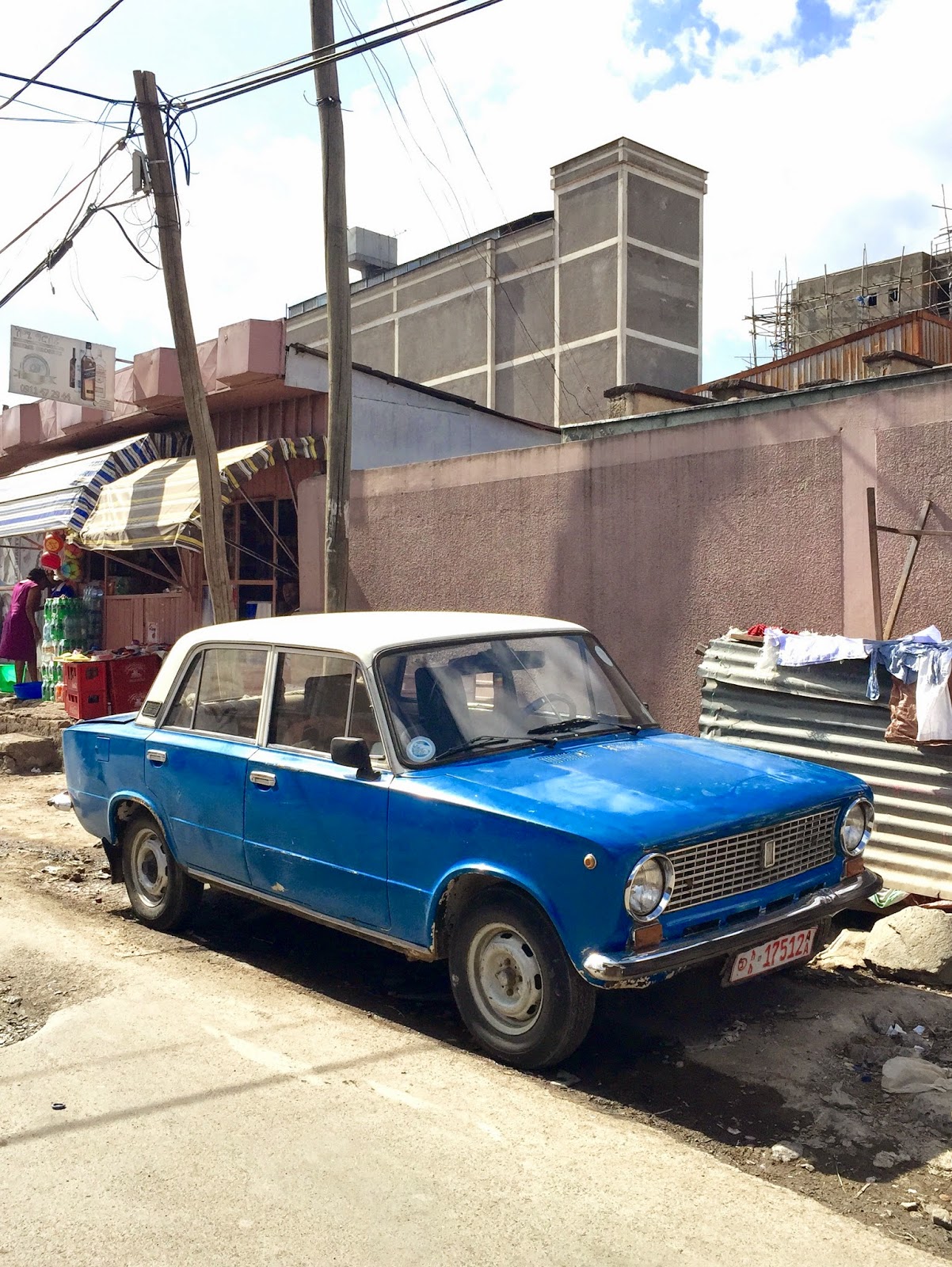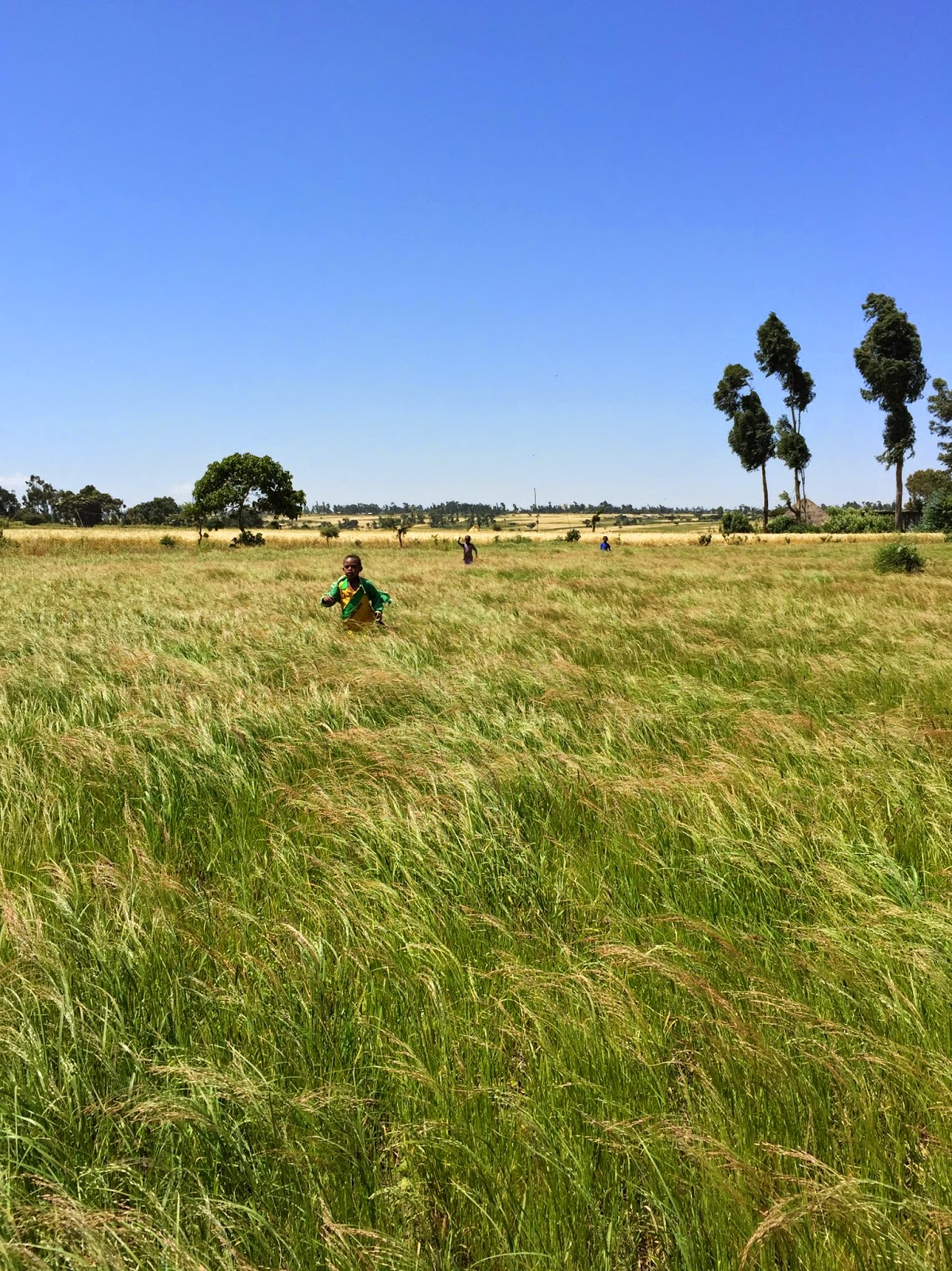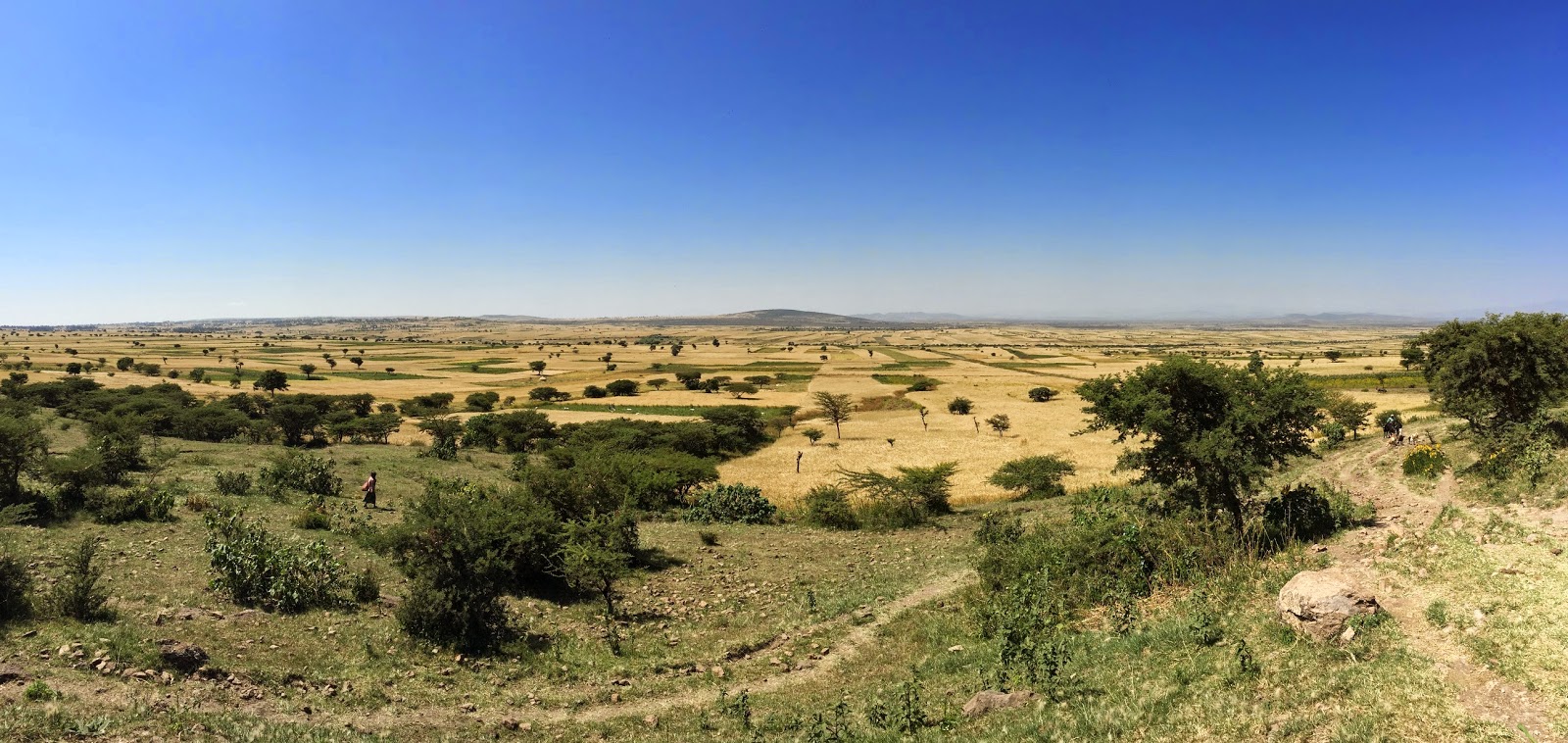Really enjoying this song by a great bluegrass band- driving bass line, slide guitar, big voice. Also recommend their album "Handguns".
31 January, 2015
13 January, 2015
Lake Malawi Trip Itinerary
Last year, Emily and I traveled to Lake Malawi from Zambia. I wanted to share a write-up Emily did of our itinerary for anyone who's interested in doing the same trip.
Day 1: Lusaka -> Chipata -> Lilongwe
- Bus from Lusaka to Chipata on Johabie (K150/pp). Buy the tickets a day in advance at Intercity.
- Take a taxi from Chipata to the border (shared taxis are K20/pp or K80 for the whole taxi).
- Border crossing is very easy and fast.
- Take a taxi from the border to Mchinji (2,000 MWK/pp).
- Take a minibus from Mchinji to Lilongwe (3,600 MWK/pp).
- We spent the night here: Mabuya Camp. Cheap backpackers that was fine for a transit night. We shared an A-frame that was $25/night.
- We had dinner at Latitude 13, a really nice/ fairly fancy place to have dinner that I would highly recommend! ($20-30/pp).
- We also bought all our groceries when getting in, so I would take the earliest Johabie bus at 5am to make sure you have enough time to cross the border, buy groceries, have dinner, etc. We arrived at Shoprite just as they were closing!
Day 2: Lilongwe -> Monkey Bay -> Cape Maclear -> Domwe Island
- We took the 7am AXA bus from Lilongwe to Monkey Bay. You don't need to buy tickets in advance. You do want to get there a bit early to ensure you get a seat, as they will fill it with standing customers as well. It is a big bus that acts more like a minibus, so a ride that should be ~3 hours took us 6-7 hours because it kept stopping. On the bright side, it was really cheap (I think equivalent to $2 pp). An alternative to this, especially if you're short on time, is to hire a private car, but expect to pay around $200.
- We then took a shared taxi from Monkey Bay to Cape Maclear. We weren't quite sure where to get off, there was a few false positives, so it's helpful to ask. Once we disembarked, someone waiting at the bus stop called us a taxi as there weren't any waiting around. It was roughly $10 pp when filled with 4 people. If you're planning to kayak out to the island you should try arrive in Cape Maclear at least 1 hour before sunset.
Day 2-5: Domwe Island
-We stayed at Domwe Island, which was amazing! We kayaked out to the island and had a tent platform that overlooked the water. You have to bring all your own groceries to cook, but they can catch fresh fish for you every night and they bake fresh bread in the morning. There's no electricity there, so they use solar lanterns at night (headlamps are also good to bring). There is an ice chest you can use to store perishables, and a gas stove to cook on. We brought our own tent but hired bedding and a mattress from them, since we were carrying all our groceries and luggage. Important to note that the island has little to no phone service, so try to coordinate everything you need to before you get there.
- Activities there included: hiking to the top of the island (really pretty views), catamaran cruise (highly recommend), kayaking, and snorkeling (not sure how good this would be in murky waters around the island).
- I think you should stay at least 2 full days here to make it worth it, 3 or 4 would be ideal. You probably don't need any more days than that.
Day 5-7: Malawi -> Lusaka
- Going back to Lusaka, I would recommend trying to go all the way to Chipata the first day, spend the night there (Dean's View is a good, cheap place to stay), then taking the Johabie bus back from Chipata to Lusaka the next day (good to purchase the tickets the night before when you arrive in Chipata).
- To get from Domwe Island back to Lilongwe is harder because the AXA bus leaves Monkey Bay too early for you to take the boat transfer from island and the taxi from Cape Maclear and make it. We planned on hiring a taxi from Cape Maclear (we made a plan with the taxi who brought us there when he originally dropped us off in Cape Maclear- phones don't work on the island!) and taking that taxi to Salima, the nearest town with minibuses to Lilongwe. Our taxi ended up needing to go back to Lilongwe anyway, so we got a good deal and took him the whole way. The drive took ~2.5 hours.
Day 1: Lusaka -> Chipata -> Lilongwe
- Bus from Lusaka to Chipata on Johabie (K150/pp). Buy the tickets a day in advance at Intercity.
- Take a taxi from Chipata to the border (shared taxis are K20/pp or K80 for the whole taxi).
- Border crossing is very easy and fast.
- Take a taxi from the border to Mchinji (2,000 MWK/pp).
- Take a minibus from Mchinji to Lilongwe (3,600 MWK/pp).
- We spent the night here: Mabuya Camp. Cheap backpackers that was fine for a transit night. We shared an A-frame that was $25/night.
- We had dinner at Latitude 13, a really nice/ fairly fancy place to have dinner that I would highly recommend! ($20-30/pp).
- We also bought all our groceries when getting in, so I would take the earliest Johabie bus at 5am to make sure you have enough time to cross the border, buy groceries, have dinner, etc. We arrived at Shoprite just as they were closing!
Day 2: Lilongwe -> Monkey Bay -> Cape Maclear -> Domwe Island
- We took the 7am AXA bus from Lilongwe to Monkey Bay. You don't need to buy tickets in advance. You do want to get there a bit early to ensure you get a seat, as they will fill it with standing customers as well. It is a big bus that acts more like a minibus, so a ride that should be ~3 hours took us 6-7 hours because it kept stopping. On the bright side, it was really cheap (I think equivalent to $2 pp). An alternative to this, especially if you're short on time, is to hire a private car, but expect to pay around $200.
- We then took a shared taxi from Monkey Bay to Cape Maclear. We weren't quite sure where to get off, there was a few false positives, so it's helpful to ask. Once we disembarked, someone waiting at the bus stop called us a taxi as there weren't any waiting around. It was roughly $10 pp when filled with 4 people. If you're planning to kayak out to the island you should try arrive in Cape Maclear at least 1 hour before sunset.
Day 2-5: Domwe Island
-We stayed at Domwe Island, which was amazing! We kayaked out to the island and had a tent platform that overlooked the water. You have to bring all your own groceries to cook, but they can catch fresh fish for you every night and they bake fresh bread in the morning. There's no electricity there, so they use solar lanterns at night (headlamps are also good to bring). There is an ice chest you can use to store perishables, and a gas stove to cook on. We brought our own tent but hired bedding and a mattress from them, since we were carrying all our groceries and luggage. Important to note that the island has little to no phone service, so try to coordinate everything you need to before you get there.
- Activities there included: hiking to the top of the island (really pretty views), catamaran cruise (highly recommend), kayaking, and snorkeling (not sure how good this would be in murky waters around the island).
- I think you should stay at least 2 full days here to make it worth it, 3 or 4 would be ideal. You probably don't need any more days than that.
Day 5-7: Malawi -> Lusaka
- Going back to Lusaka, I would recommend trying to go all the way to Chipata the first day, spend the night there (Dean's View is a good, cheap place to stay), then taking the Johabie bus back from Chipata to Lusaka the next day (good to purchase the tickets the night before when you arrive in Chipata).
- To get from Domwe Island back to Lilongwe is harder because the AXA bus leaves Monkey Bay too early for you to take the boat transfer from island and the taxi from Cape Maclear and make it. We planned on hiring a taxi from Cape Maclear (we made a plan with the taxi who brought us there when he originally dropped us off in Cape Maclear- phones don't work on the island!) and taking that taxi to Salima, the nearest town with minibuses to Lilongwe. Our taxi ended up needing to go back to Lilongwe anyway, so we got a good deal and took him the whole way. The drive took ~2.5 hours.
07 January, 2015
Ethiopia
This is a long overdue post I started while I was actually in Ethiopia in October.
From the sixth floor rooftop of my guesthouse in Addis Ababa
(a skinny building that resembles a tower of jenga blocks), I can look out this
strangely quiet part of the city. Except for infrequent hammering from the many
construction sites around, some Ethiopian music playing from the numerous shops
on the street, and a dove that has joined me on the roof, you would think
everyone was still asleep.
Maybe it’s because it’s Sunday in, from what I can see, a
very Christian country. Or maybe it’s the neighborhood I’m in; I know next to
nothing about my relative location. But from where I’m sitting, you might call
Addis a sleepy city.
My experiences around other parts of town, however, have
shown me this is not an observation to be applied generally. I’m here in Ethiopia on a partnerships
building trip for work, the first conducted on my own. I’m holding meetings and
field visits with Ethiopian microfinance institutions, and next week I’m
visiting One Acre Fund’s program in Bahar Dar, a lake-side city in the north west. My trip straddled a weekend, but lucky for
me, I was connected to a friend of a friend living here in Addis. He and his
roommate were exceedingly hospitable, and hanging out with them dramatically
increased my ability to experience different parts of the city.
They also introduced me to Addis’s street café culture,
which I sought out again today at what is apparently Ethiopia’s answer to
Starbucks. I had a great meal and coffee, all for a few bucks. Everything is
extremely cheap here, except taxis which are just moderately cheap. I get the
sense you can eat pretty well in this city (Ethiopian food is excellent anyway)
on a tight budget.
(Kaldi's: Starbucks rip-off in many ways, but nice coffee)
(All the Addis cabs were funny little French Peugeots or Russian Ladas)
Eating a dinner of take out shiro (so good), tibs and injera on the same
roof tonight compels me to caveat my previous observation; this neighborhood can
get loud when Manchester United is playing Chelsea. Another thing learned from
being on the roof at night: the green hills surrounding Addis are fairly
densely inhabited. I had no idea looking at them during the day, but at nights
they glitter with lights.
I got out of the city to see a branch of one of the MFIs I
was visiting. There was the usual congestion when trying to exit the city
center, but suddenly we were at a tollbooth, and then driving on a beautiful
new highway. Six lanes, freshly paved and painted, landscaping in the middle-
and barely another car in sight. It’s a new toll road which had apparently
opened just weeks before, and it was glorious. Funnily, despite the clear lane
markings, you could still see drivers expecting each other to weave across the
road in typical Addis fashion. On every over-take (picture three virtually
empty lanes) there would be cautious honking and a quick burst of speed to
pass.
(Kids running through teff, the grain used to make the Ethiopian staple bread injera)
Subscribe to:
Posts (Atom)





